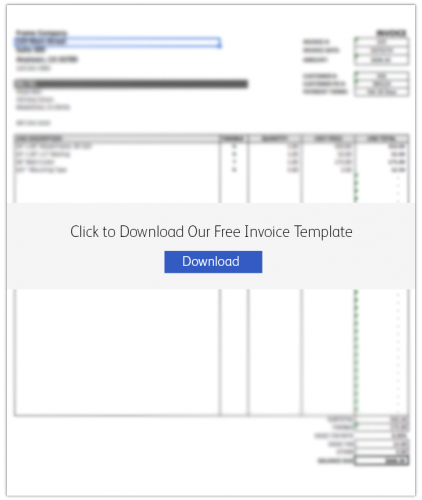As a small business owner in Malaysia, making a sale is only half the battle. Owners must also take steps to ensure that the invoices they send out are paid in a timely fashion. Cross-border business dealings are common in Asia, where business owners readily expand across their limited local markets.
As a result, geographical differences in payment terms and culture can significantly affect your business’ cashflow.
Payment terms define the period of time a buyer has to settle an outstanding balance as well as the acceptable methods of restitution. As the owner of a small business, you not only have to choose and define payment terms for your clients, but you must also adhere to the terms provided by your vendors and suppliers.




